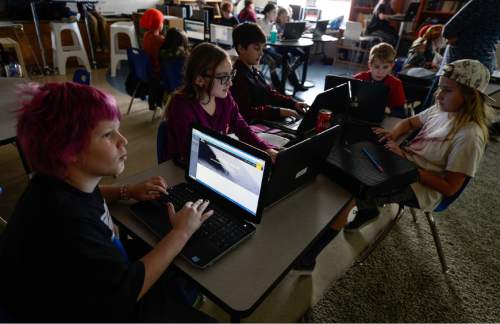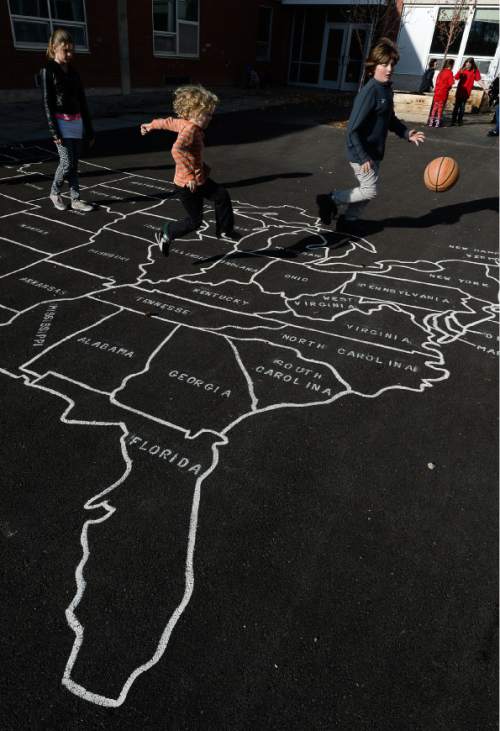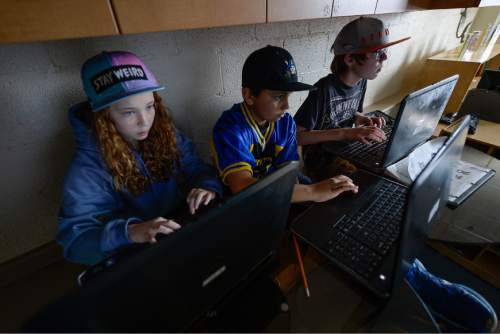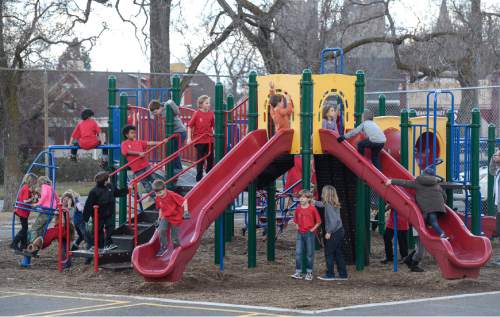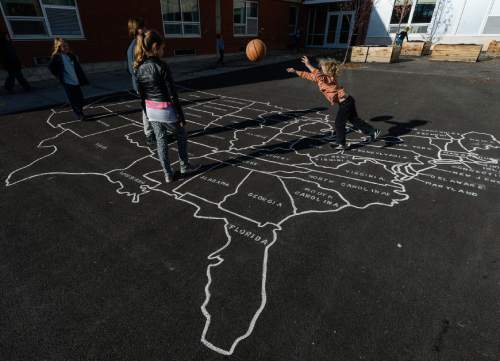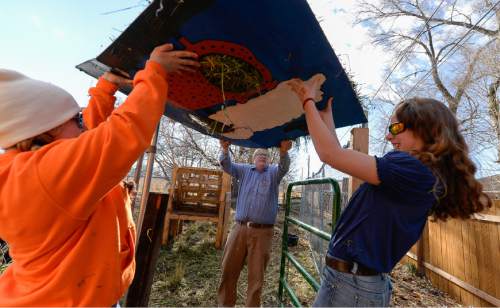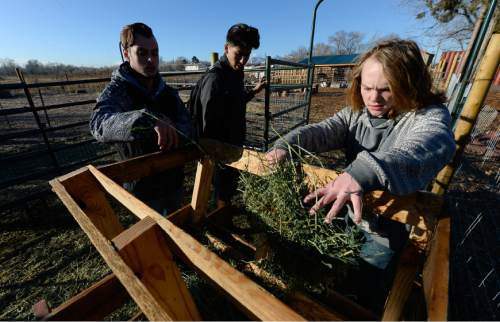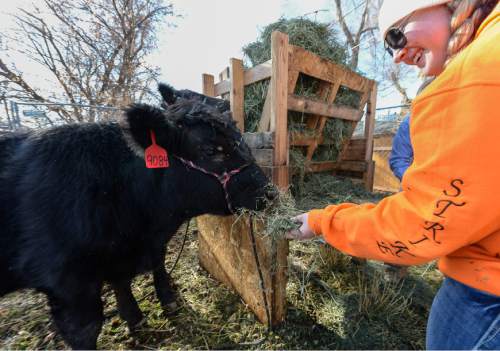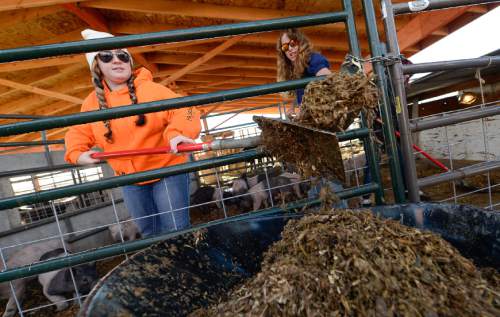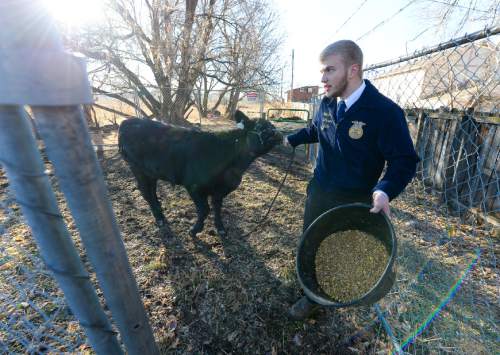This is an archived article that was published on sltrib.com in 2016, and information in the article may be outdated. It is provided only for personal research purposes and may not be reprinted.
A bill to expand the pool of funds that school districts share with charter schools received preliminary approval from the Utah Senate on Thursday.
Sponsored by Draper Republican Sen. Howard Stephenson, the fully implemented bill would increase state funding for charters by roughly $40 million.
School districts would also see a corresponding increase in the local property tax revenue they are required to divert to the alternative schools.
Stephenson sponsored the proposal on behalf of the Charter School Funding Task Force, which met through the summer and fall to review the funding formulas for the state's public education system.
While state per-pupil expenses are relatively equal, independent of the type of school, Stephenson said a disparity in property tax distribution translates to charter students being underfunded by roughly $1,400.
"I hope that the Legislature will approve it," he said of his bill, SB38. "The task force spent a lot of time making sure that we were looking at this systematically, accurately and fairly."
At issue is the state's local replacement formula, which requires school districts to set aside one-fourth of a student's share of property tax revenue when that student enrolls in a charter school. The remaining three-fourths, based on statewide averages, is funded by the Legislature through the budget process.
School districts are allowed to exclude some budget areas from the local replacement calculation, like transportation, but Stephenson's bill would require them to factor in the funds spent on playgrounds and recreation when contributing to charter schools.
The bill would also help charters capture some of the $75 million tax increase approved by lawmakers last year, which was intended to better equalize school funding throughout the state.
"What we found is that there was a significant inequity in the funding we have been providing charter schools," Stephenson said.
Charters, while public, operate independently from the state's 41 school district and do not have taxing authority.
They tend to be smaller than their district counterparts, and often will forgo common school services like electives and extracurricular activities in order to focus on core or specialized subject areas.
The different school types led to several comments on the Senate floor about what constitutes equitable funding, with lawmakers remarking that charters were never intended to receive the same funding levels as traditional public schools.
"There's lots of disagreement about what the figures are, whether [charters receive] more or less and how that is," said Logan Republican Sen. Lyle Hillyard. "I'm a 'no' vote on this until I've had a chance to look through the fiscal notes."
Salt Lake City Democratic Sen. Jim Dabakis described the bill as a "Sophie's choice" because it requires taking funding from one school to support another.
"I hate pitting our charter and public schools," he said. "I think it does bad things for our state and for education."
Sen. Deirdre Henderson, R-Spanish Fork, said she understands that a loss of local revenue creates consternation for school districts.
But she added that her own children attend charter schools, and she was "disturbed" by the argument that charters should operate with less funding.
Henderson previously served on the board of Mountain Heights Academy, an online charter school.
"This money is not going to charter schools. This money is going to students," she said. "The parents of charter school students pay taxes just like everybody else."
Stephenson, who sponsored the state's original charter school law, said there were never promises made that charters would operate with less funding than district schools.
He said his bill has been criticized as socialist, but added that the only thing worse than socialism is inequitable socialism.
"If we're going to have a socialized school system, let's at least make it equal for all students in our state."
The Senate voted 18-11 in favor of the bill, which requires an additional vote before moving to the House.
Twitter: @bjaminwood


